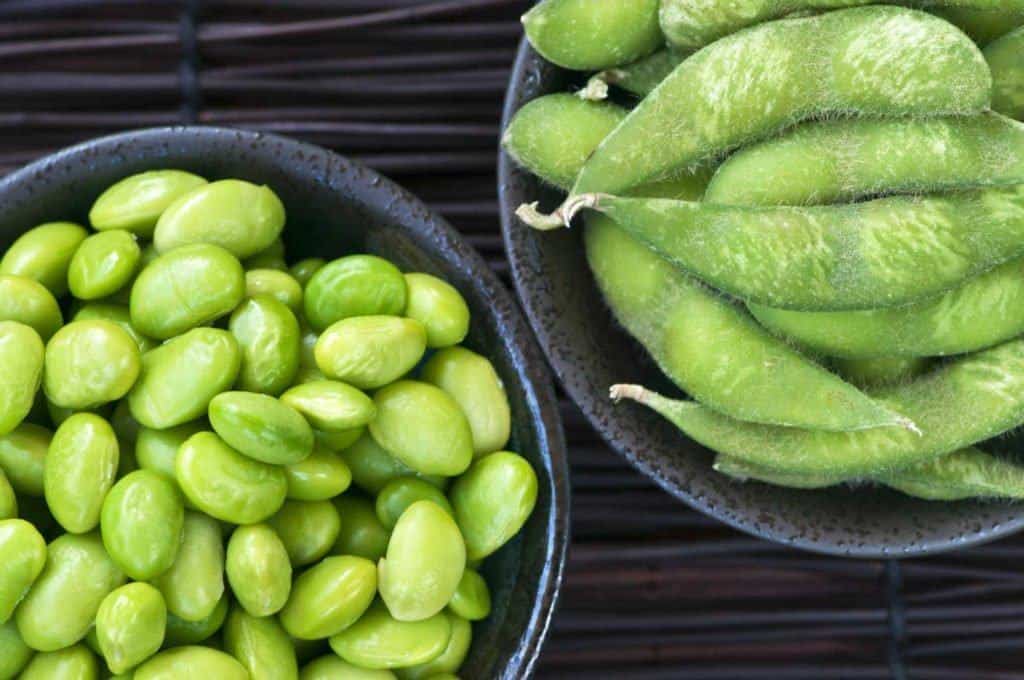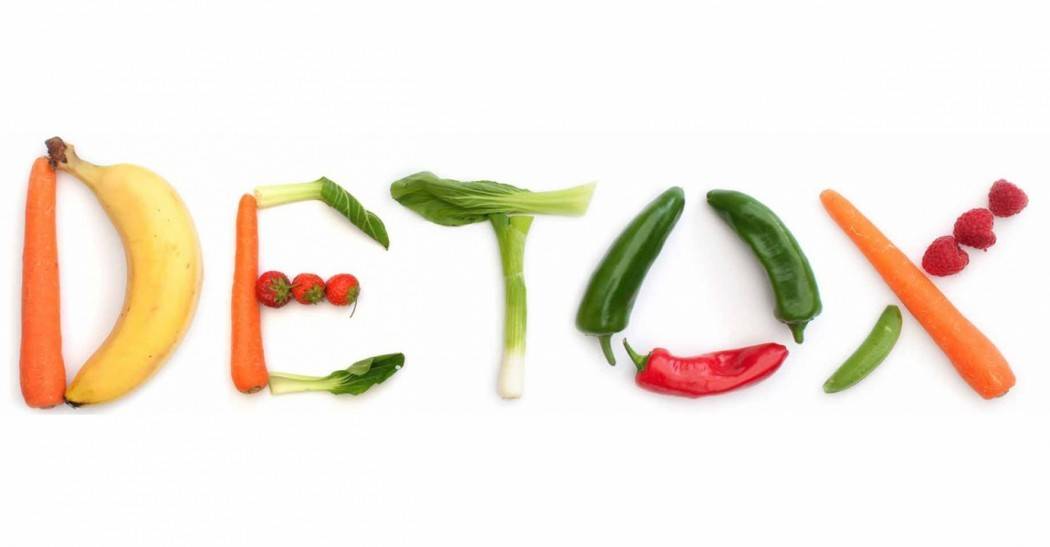Contents:
Medical Video: How to Create a Healthy Plate
In general, eating habits are formed from the beginning of childhood. Choosing a vegetarian diet can give your child (and your entire family) the opportunity to learn to enjoy various types of amazing nutritious foods.
Children who are raised with a diet of fruits, vegetables, grains, and nuts grow to be leaner and healthier, even live longer than their friends who consume meat. It is far easier to compile a nutritious diet from plant foods than animal products, which contain saturated fat, cholesterol, and other substances that can make children's growth take place without it. As for essential nutrients, plant foods are the preferred source, because they provide energy and enough protein, packed with other nutrients that support health such as fiber, antioxidant vitamins, minerals, and phytochemicals.
Vegetarian diets provide excellent nutrition for all stages of childhood, from birth to adolescence. Of course, your baby's best nutritional needs are met by your milk. It's a natural way to increase infant immunity and psychological well-being.
Doctors recommend introducing solid foods in the first 6 months after the baby is born. The best weaning foods are refined foods from plants such as mashed cooked cereals, mashed fruits, and cooked vegetables. When there is an opportunity, toddlers and children usually enjoy a variety of fruits, vegetables, grains, and nuts, even more so if they are involved in preparing it.
School-age children often want to know where their food comes from and are happy in learning how to cook, visit the farmers market, and gardening. Teenagers who grow up with a vegetarian diet often realize they are easier to maintain a healthy weight and have fewer problems with acne, allergies and gastrointestinal problems than their peers who consume meat.
Some studies show that the growth of vegetarian children is slower than non-vegetarian children. In other words, vegetarian children grow a little slower at first, but they will catch up later. The final height and weight of vegetarian children can be comparable to children who consume meat.
Interestingly, babies fed on breast milk also grow more slowly than babies who drink bottled milk. Slightly less growth during the early years is expected to reduce the risk of disease in the future.
Perhaps the most important consideration for a child's diet is: habits of lifelong eating patterns are formed at a young age. Children who need a taste of chicken nuggets, roast beef and french fries today are cancer patients, heart patients, and diabetic patients later on. Children who are raised with a diet of grains, vegetables, fruits, and nuts will have a lower risk of heart disease, stroke, diabetes, cancer, and many other diseases related to obesity. Because of this, they will also tend to live longer.
Nutritional needs
Complex carbohydrates found in grains, nuts, and vegetables provide ideal energy for fueling busy children. Growing a fondness for brown rice, bread, and whole wheat pasta, ground wheat, and corn, and less common barley, quinoa, millet, etc., will increase fiber and the nutritional content of the child's diet. In addition, avoiding children from sweets, sweet drinks, ready-to-eat products, and sweet cereals will help them avoid overeating and unwanted weight gain.
Of course, your child needs protein to grow, but he doesn't need high protein from animal foods. Many people don't realize that variations in the menu of grains, beans, vegetables, and fruits supply a lot of protein. The "protein deficiency" that our parents worry about in poor countries is a result of hunger or a diet that is limited to only a few food components. This protein deficiency is very unlikely to occur on a diet taken from a variety of plant foods.
Very young children may need a slightly higher fat intake than adults. Sources of healthy fats are also included in soy products, avocados, and peanut butter. Soybean "hot dogs", peanut butter and jelly sandwiches, vegetarian burgers, and avocado slices in salads, for example, are very well received.
However, the need for fat in the diet does not have to be taken too far. Many children in America have already had a layer of fat in the arteries (the beginning of heart disease) before they finish high school. In contrast, Japanese children traditionally grow up with low-fat diets and subsequently experience fewer problems with diabetes, heart disease, obesity, and other chronic diseases.
You definitely want to make sure your child's diet contains a source of vitamin B12, which is needed for blood health and nerve function. Deficiencies in these substances are rare, but when they occur, they are a little difficult to detect. Vitamin B12 is abundant in many commercial breakfast cereals, soy milk and rice milk, and nutritious yeast. Check the label with the words cyanocobalamin or B12. Children who do not eat supplement products should take B12 supplements of 3 or more micrograms per day. Children's vitamins generally contain more than enough B12. Spirulina and seaweed are not good sources of vitamin B12.
The body also needs vitamin D, which can be obtained only by playing outside in the sun. 15-20 minutes of sunlight every day in the hands and face is enough sun exposure so that the body's skin cells can produce vitamin D. Children who live in places with little sunlight need vitamin D contained in multivitamin or milk supplements enriched non-animal
For calcium, nuts, dried figs, sweet potatoes, and green vegetables, including mustard greens, kale, broccoli, mustard greens, and Swiss radishes, are excellent sources. Soy milk and rice milk, as well as calcium-fortified juices provide a lot more calcium intake. In addition, eating lots of fruits and vegetables, without animal protein, and limiting salt intake helps the body maintain calcium.
Child growth also requires iron contained in various nuts and green leafy vegetables. Vitamin C in vegetables and fruits increases iron absorption, especially when consumed along with iron-rich foods. One example is an iron-rich peanut burrito eaten with tomato salsa rich in vitamin C. Few people know that cow's milk is very low in iron and can cause mild, chronic blood loss in the digestive tract, which can reduce iron and cause an increase risk of anemia.












